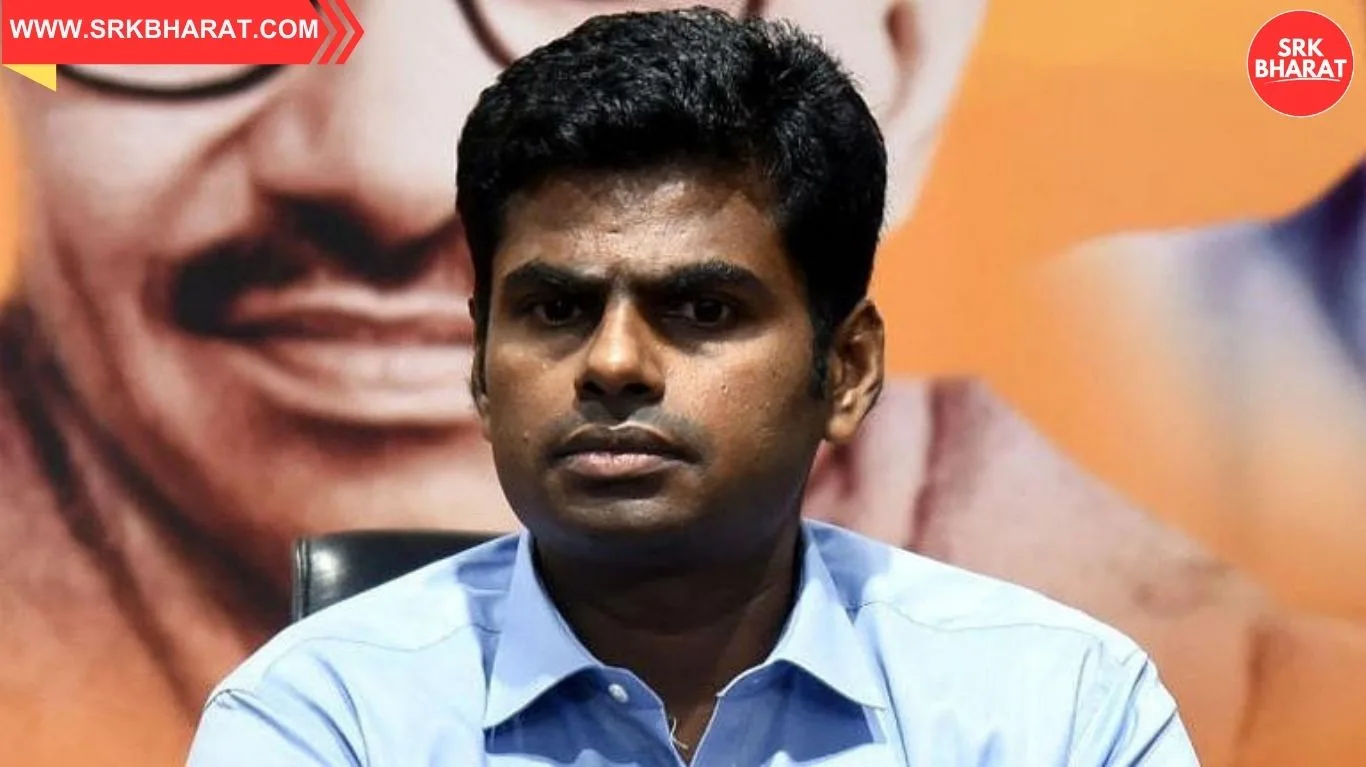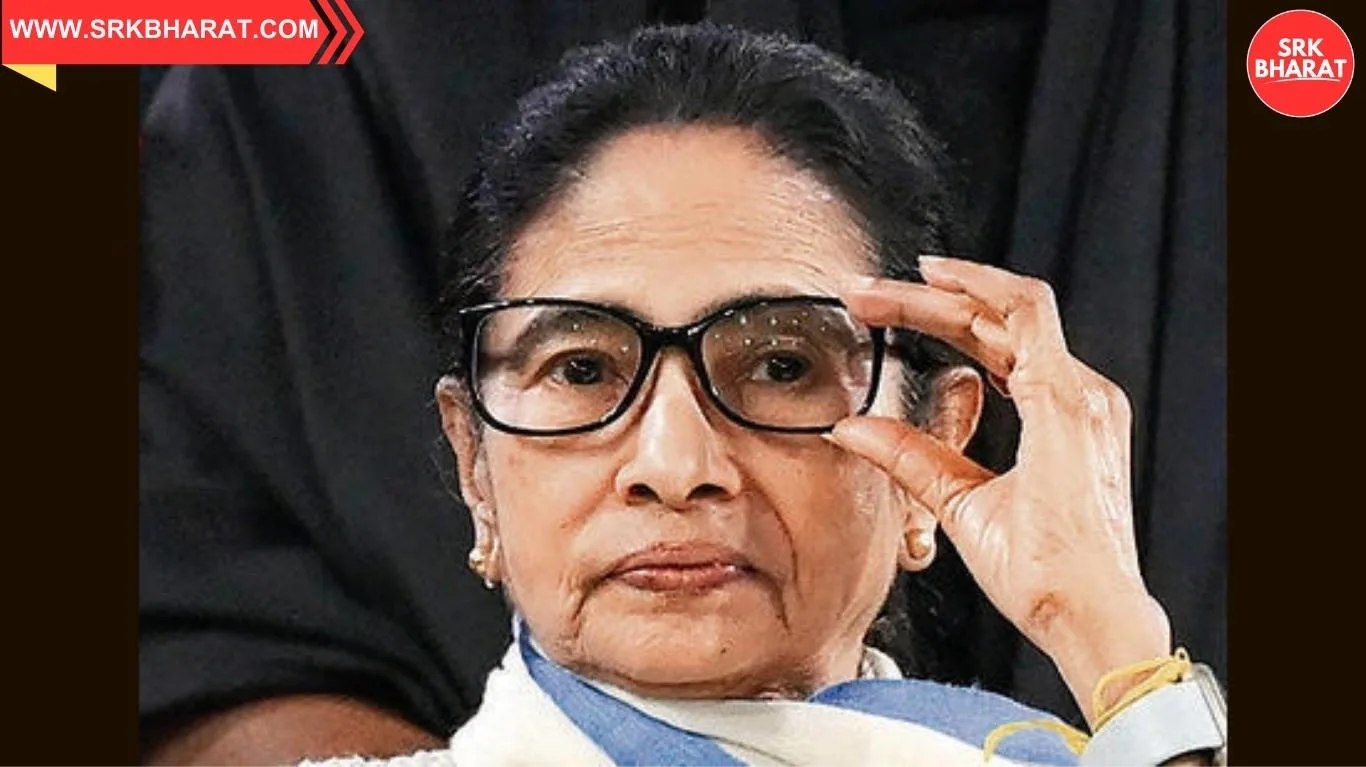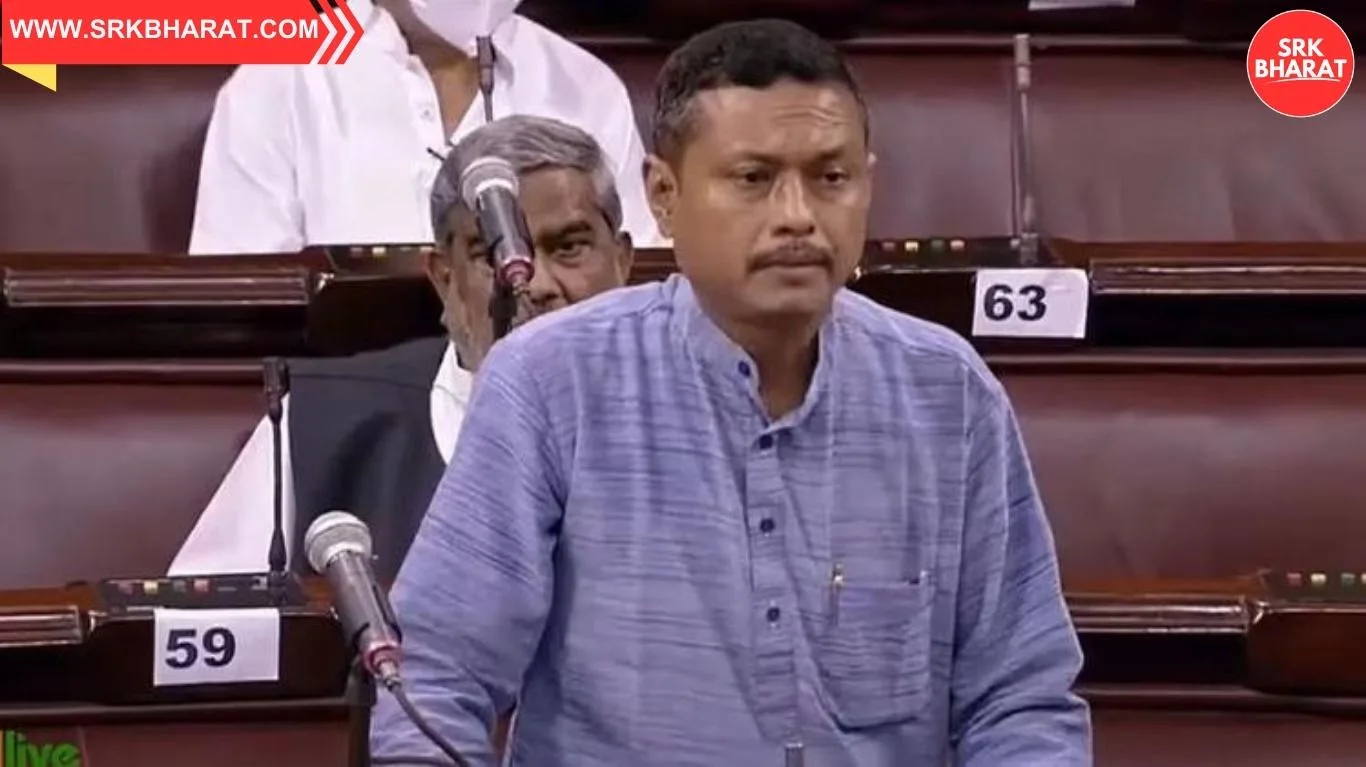As Bihar gears up for its upcoming assembly elections, a new political buzzword—‘damadvaad’ (son-in-law politics)—has taken center stage, shifting focus from the usual allegations of dynasty politics to the rising prominence of sons-in-law of top leaders in key state roles.
Key Appointments Raise Eyebrows
The controversy erupted after the Bihar government appointed several politically connected sons-in-law to influential positions:
- Devendra Manjhi, son-in-law of Union Minister and HAM chief Jitan Ram Manjhi, was named Vice-Chairperson of the Bihar State Scheduled Caste Commission
- Mrinal Paswan, son-in-law of the late Ram Vilas Paswan and brother-in-law of Union Minister Chirag Paswan, was appointed Chairperson of the same commission
- Sayan Kunal, son-in-law of Bihar Cabinet Minister Ashok Choudhary, was inducted into the Bihar State Religious Trust Board
These appointments have triggered accusations of nepotism and favoritism, especially as the state heads into a high-stakes election season.
Opposition Slams Nitish Kumar
RJD leader Tejashwi Yadav took a sharp dig at Chief Minister Nitish Kumar, once a vocal critic of family-based politics, suggesting he might as well form a “Jamai Commission” to accommodate all sons-in-law. The opposition argues that these appointments are a strategic move to sideline potential ticket aspirants while maintaining political influence within powerful families.
Political Implications
Analysts believe these moves could be aimed at consolidating caste-based vote banks and minimizing internal dissent within the ruling alliance. However, the optics of such appointments may backfire, especially among voters disillusioned with ‘parivarvaad’ (dynasty politics).
As Bihar’s political narrative evolves, damadvaad has emerged as a potent symbol of the complex interplay between kinship and power, setting the stage for a heated electoral battle.











